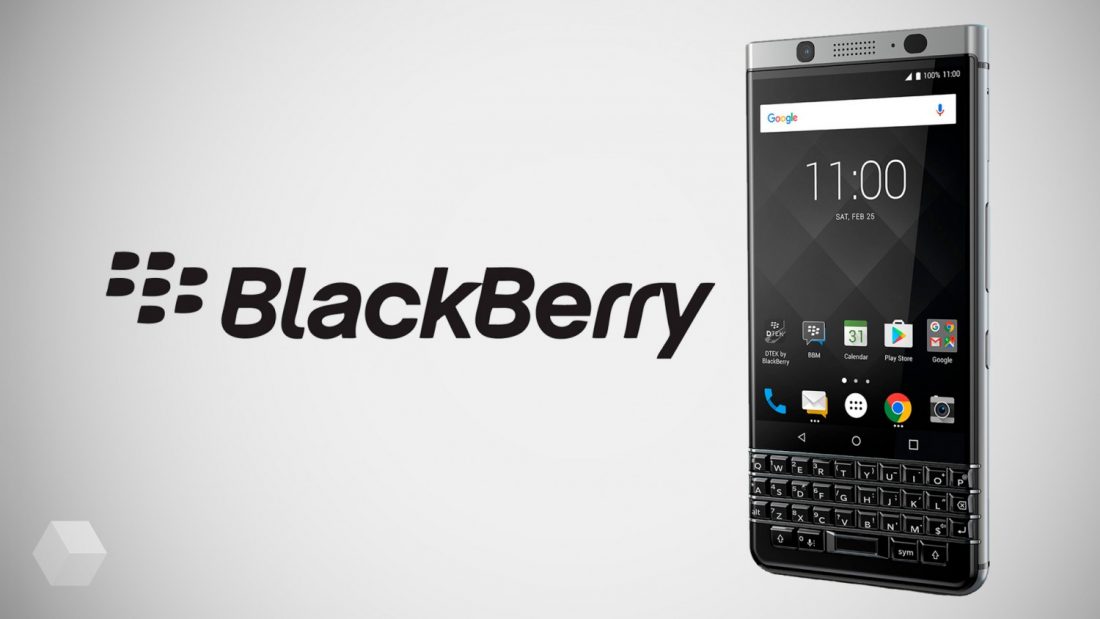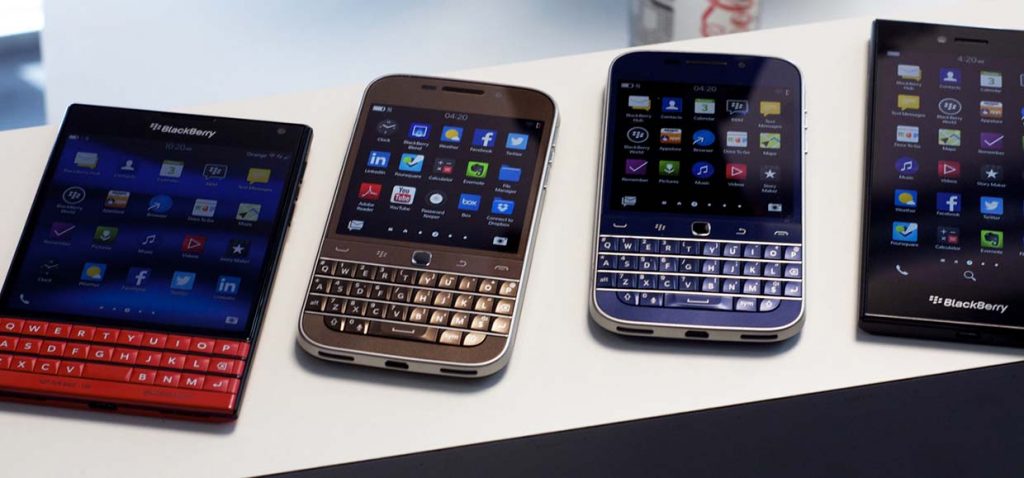
The iconic BLackBerry smartphones have been left unsupported
With the start of 2022, BLackBerry has ended support for mobile devices based on the BLackBerry OS. This means that most services will no longer work correctly, and in some countries there may be problems with internet and even mobile communication.
What happened
On the 4th of January 2022 support for smartphones running BLackBerry OS 10, 7 and earlier versions was discontinued. These were mainly intended for corporate customers. The decision does not apply to devices running on the pre-installed Android OS.
Now gadgets with BLackBerry OS platform will not be able to support proprietary apps, even phone calls are likely to be affected. The first to be disabled are the proprietary services Desktop Manager, Blend, Messenger, World and others.
The usefulness of these services can be judged by the example of BLackBerry Messenger. It performs similar functions to iMessage on Apple devices and is a secure tool that enables communication between users of BLackBerry devices. The World service is an online shop for smartphones, tablets with BLackBerry OS. Protect service prevents theft of confidential information in case the mobile device is lost or stolen.
Problems with calls and texting
BLackBerry OS representatives said that in some countries and regions of the world, tablets and smartphones may be left without mobile network connectivity. This will eliminate the ability to receive, send test messages, as well as make calls. It is possible that users will not even be able to make an emergency call to 911, and this is very likely in the United States.
Ending support removes the guarantee of stable access to the mobile Internet. Similar problems can occur when connecting via wireless interfaces.
The end of support for BLackBerry OS devices was first announced more than two years ago, but an extension was then announced. In the spring of 2020, the company announced the exact date for dropping support – January 4, 2022.

Should we be disappointed?
Given the aforementioned circumstances, BLackBerry mobile devices will lose most of their features and become generally useless to users. However, on a global scale, there are quite a few of them left. It is difficult to give an exact figure, as the manufacturer does not give such information. What is known, however, is that the latest version 10.3 was released in autumn 2014 at the time support was cut off. Over the past seven-plus years, there have been a number of updates. The latest took place in early summer 2018 and was aimed at those using cellular operators from Bell Mobility and Verizon in North America.
Since 2015, the manufacturer began migrating its devices to Android OS and since then, the planned fading of the BLackBerry OS has been noticeable. Since then, not a single device has been released that supports this operating system.
Defeat in the fight for mobile market
Previously, the owner of the BLackBerry brand was Research in Motion (RIM), a company from Canada. Until 2010 things were going very well and at one point RIM had a global market share of up to 20%. This changed with the increasing popularity of Apple gadgets and Android devices. By the middle of 2016, the share of BLackBerry had shrunk to almost zero (0.1%).
The fall of 2015 saw the release of the first branded Android smartphone called Priv. The vertical slider was positioned as a premium device with support for proprietary data protection technology. However, the expected demand was not there and a year later BLackBerry introduced the latest smartphone, the DTEK60. Two months later, the manufacturing rights were sold to China’s TCL.
